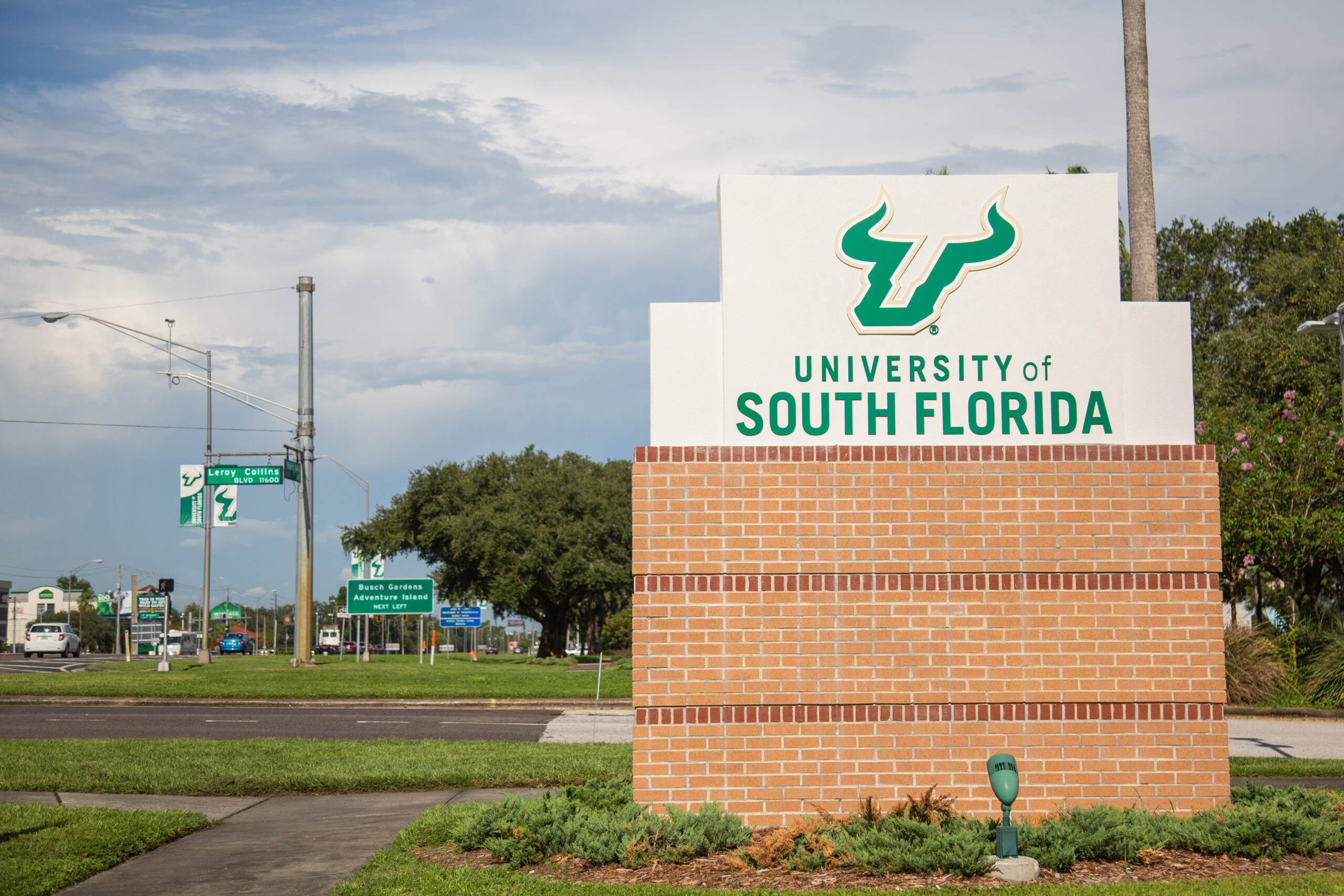USF administration considers anti-bias education module for incoming students in response to Black Student Union demands

After making a series of demands to the university this summer for a more equitable campus for Black students, USF’s Black Student Union’s (BSU) vision might see some progress as soon as next year.
USF’s Dean of Students Office is considering the purchase of a module on anti-bias from the education technology company EverFi as a requirement for incoming USF students alongside existing required education modules such as “Financial Literacy 101,” “Sexual Assault Prevention” and “AlcoholEdu for College.”
If purchased, the program’s curriculum will possibly be administered in student orientation sessions starting summer 2021, and fully implemented by the fall semester. The program would cost approximately $17,000 a year, according to Associate Dean of Students Winston Jones.
This measure will partially address the second demand from BSU, seeking to “implement mandatory anti-bias training for all students, faculty and staff” across all campuses.
The idea behind the module has been in the works for six months and is currently being tested out by a group of students, according to Jones. After the module is reviewed, its purchase will be re-evaluated as an option for anti-bias training for students.
“One of the purposes of the module is to educate our students on diversity, equity and inclusion, and also to create benchmarks that will allow us to understand where our students are and how much progress we are making to educate our students,” said Jones.
BSU has been meeting consistently with Student Government (SG) and administration from the Dean of Students Office since its demands were made in the summer, starting with weekly and biweekly meetings, then transitioning to monthly meetings once the fall semester started.
“Administration comes to us saying these are the things we want to do, these are our concerns,” said BSU President Emmanuel Harvey. “We are students and we do this for free, so we can’t do the work for administration, because we don’t get paid to and that’s not fair to us. So we basically advise them ‘Well, if you’re [trying to think about what is] best for Black students this is what you should do.’”
Jones emailed SG and BSU leadership about the module Nov. 20 to make tweaks and changes to certain aspects of it where they see fit before Thanksgiving break. The deadline was implemented so all corresponding groups could continue moving forward in getting this out to students quickly, according to SG Assistant Director of Diversity and Wellness Alexis Roberson.
“That’s truly exciting because we have the opportunity to look over every single part of the module and get everything clarified and changed,” said Roberson.
“We want to make sure that every student that comes into USF has an understanding of what our university is about, what we stand for and what we won’t accept.”
Education isn’t the only realm BSU is tackling on its list — it also demands the university bridge the gap in the ratio of Black students to Black faculty and staff, create a department designated for Black student and staff success, and publicize the conduct process for incidents of hate or bias-related incidents that impact Black students.
The purchase of the EverFi module would not completely address BSU’s need for more anti-bias education at USF, but it would be a first step. While its second demand relates specifically to students, faculty and staff, the third demand on its list is geared toward anti-bias training for University Police (UP) as well.
Harvey said SG has played an important role in “passing the mic” between BSU, administration and other university departments, including UP, when it comes to addressing demands.
“We are all Black, and that is tiring for us to consistently try to reach out to police. It’s kind of like retriggering, over and over and over,” said Harvey. “SG, especially Gustavo [Spangher], Spencer [McCloskey] and Zach [Blair-Andrews], have been doing a really good job trying to do that reach-out for us.
“When we say we cannot do this, SG picks it up and they tell us what is going on. And that is really what the role of an ally is. They’ve been really supportive to us.”
SG Tampa Governor Spencer McCloskey made a goal to make sure all the progress made continues until all of BSU’s demands are met within the next year.
“Simply put, the dream is to have all 10 [demands] completed by May of [2021],” said McCloskey. “So is that reasonable, maybe. We just have to make sure that we’re making the right steps at the right times to make sure that all these demands can be met.”
These demands are more than typical diversity and inclusion initiatives, according to Harvey.
“It’s not just about diversity anymore, and it’s not just about inclusion or including us at the table. Because you can make a seat for somebody at the table and not give them any space on the agenda to talk,” said Harvey.
“So now it’s about equity and social justice, and that is what Black students need. We need the equity, we need the social justice to create just opportunities for us to succeed.”







